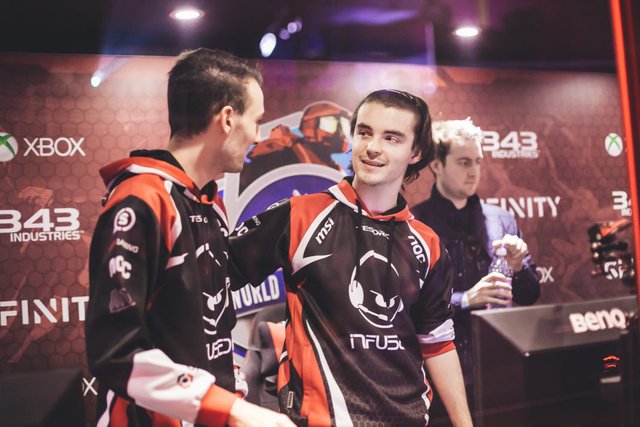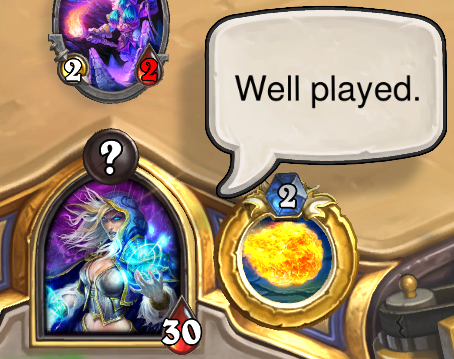Poor Sportsmanship: Does it affect your win rate?

It’s one of the first things we learn as children. Be it through organised local sport or crushing your friends on their 10th birthday in the new Mortal Kombat game they were just given – Sportsmanship. Win or lose, you shake hands and congratulate the winner. However, it seems that every second match you queue into has some Hanzo main screaming at you to switch off your best played character or they will report you for being “uncooperative”. So why is it so prevalent in competitive gaming? And does it affect your chances of winning? For my tea-bagging fanatics out there: sportsmanship is essentially behaving in a manner that is fair and respects others competing. Not only does acting like a buffoon (that word is not used enough) in matches make your team unlikely to play with you again, but it also has a considerable effect on your win rate.
Now, before I get into win Jaina spamming 'Well played'.percentages, let’s cover some basics. Who here knows the acronym ‘GG’? Everyone raises their hand Hell, my girlfriend knows the phrase and her favourite game is still Candy Crush. ‘Good game’. But when is the last time you meant ‘good game’? It’s more of a knee-jerk reaction now than anything else. Another acronym that is orbiting competitive gaming is ‘BM’ (Bad Manners). In Hearthstone, for example, this involves players drawing out their turns so they use max time or spamming the emote “Well Played” thousands of times.

Another term that competitive gaming has adopted is ‘tilt’, ‘tilting’ or ‘tilted’. It refers to a poor emotional or mental state which most often results in the player becoming frustrated, choosing a less than optimal strategy and ultimately losing. This is where poor sportsmanship will begin to affect your win percentage. Let’s take Overwatch for example: someone picks the hero that you want to use. Instead of picking a hero that will benefit the team composition, you decide to pick a hero you’ve never played and spend the entire match following the guy that picked your player and BM’ing him all match. You lose. What a surprise, right? While this is a simple example, it demonstrates how ‘tilting’ and ‘BM’ can affect your win rate. Most people are aware that a team that works together towards a common goal will perform better than one that has different objectives.
In short, when playing in a competitive environment, we should have an optimistic outlook and treat opponents and teammates with a little more respect. There is a good argument for BM as a type of strategy to try and tilt your opponent forcing them to make a mistake. However, if competitive gaming wishes to keep the adorned term of ‘eSports’ we should at least be giving our opponents a virtual handshake at the end of a match. So, whose turn is it to cut the oranges for half-time?
Luke Sillay
Gamers Classified
Website for Gaming News: https://www.gamersclassified.com/
Twitter: https://www.twitter.com/gamesclassified
Facebook: https://www.facebook.com/GamersClassified
Instagram: https://www.instagram.com/gamersclassified
While I agree with most of what is said here this notion will only be viable as long as there is a penalties/consequences that can deter these toxic players. I can see this in the professional leagues but not at home for most of the games out there. That being said there are game companies out there that try to create an environment in which allows a form of control via the community (e.g. you can report and send in a recording to ban toxic players). There are many toxic players out there and unfortunately most of them are kids and teens due to the many reasons such as developing impulse control, lack of consequences, and so forth.
Indeed. I would say a large sum of them are young teenagers going through their growth stage!